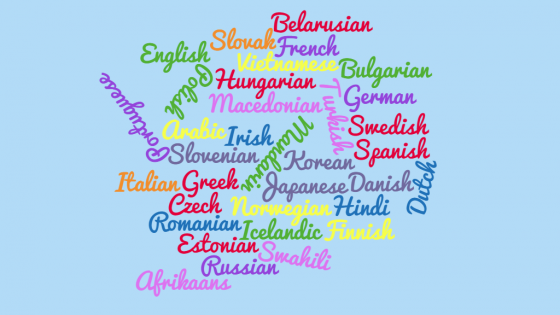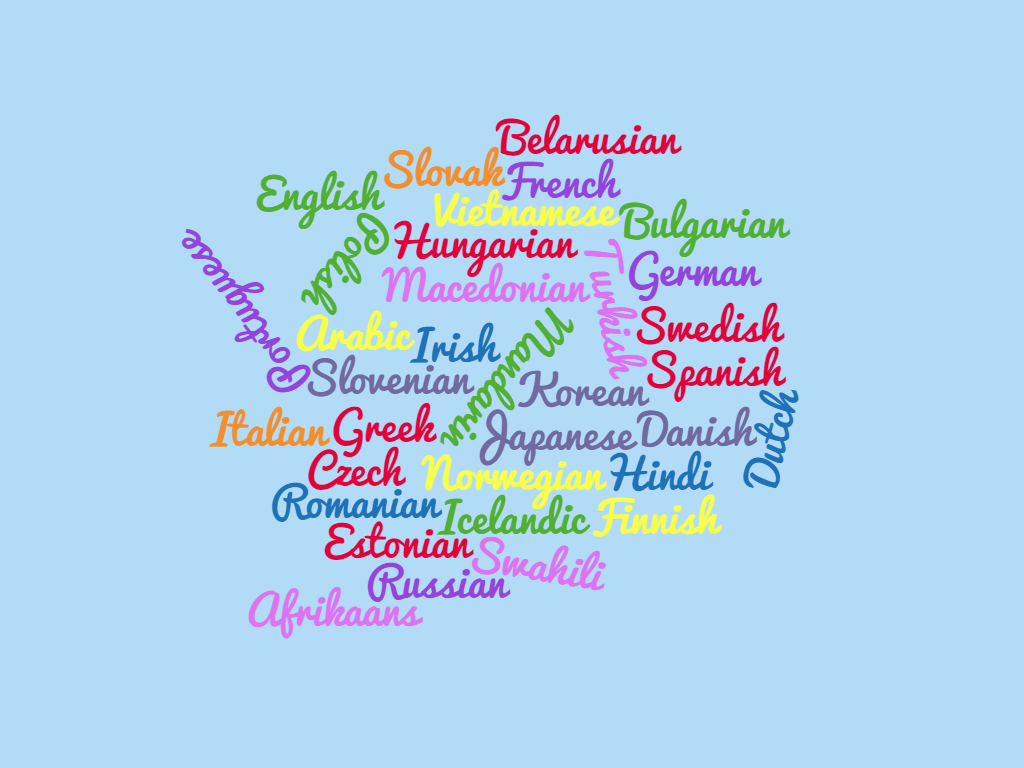Mutual intelligibility between languages
When it comes to languages, mutual intelligibility is when two or more languages are similar enough that their speakers can understand each other without intentionally learning the foreign language. This similarity can be based on just tones, words or even sentences.
Compare language schools on CourseFinders.com and read reviews from fellow students to find your perfect language school and start learning languages today.
The level of mutual intelligibility can be expressed as a percentage, which is a ration of the units understandable to all of the resources of a language. Mutual intelligibility can be asymmetrical and that means that a speaker of one language can understand the speaker of the other better than the other way around. Mutual intelligibility is also a relationship between languages which can change over time.
Mutual intelligibility occurs mostly amongst languages of the same origin – like among the Scandinavian languages, Germanic languages etc. Examples of mutual intelligibility can be found for instance between Czech and Slovak significantly, between Dutch and Afrikaans and partially between Finish and Estonian all both in written and spoken forms. Languages can also be mutually intelligible only in spoken forms such as Polish and Ukrainian or only in written forms such as Icelandic and Faroese.
Mutual intelligibility between languages can make learning them much easier. If you choose to learn a language which is at least to some extent mutually intelligible to a language you already know or your mother tongue you will have a basis that your knowledge can built upon and not start from the very beginning.
Other languages which can be considered mutually intelligible are:
Italian, French and Spanish.
Bulgarian and Macedonian.
Danish, Norwegian and Swedish.
German and Dutch.
Russian, Belorussian and Ukrainian.
Spanish, Galician and Portuguese.
Follow us on Facebook and Twitter and don’t miss another article on CourseFinders.com
Find your perfect language school Search CourseFinders to find the course for you

